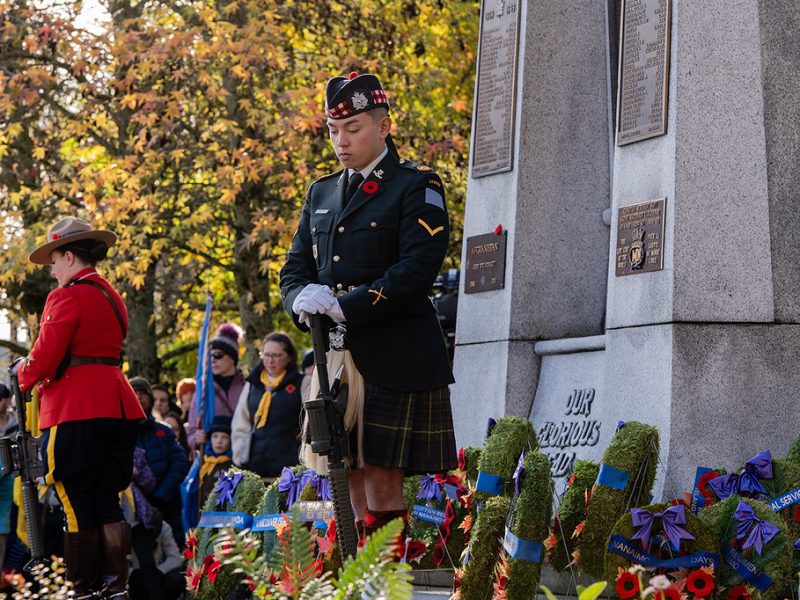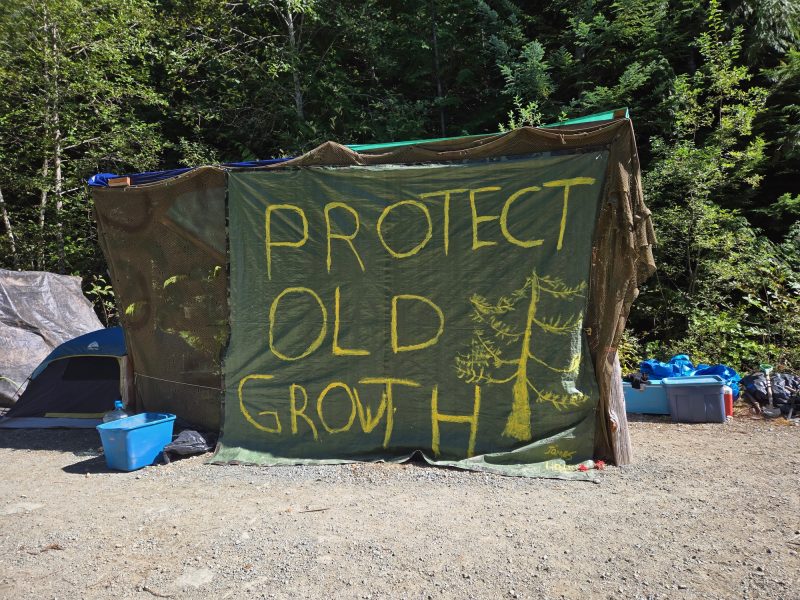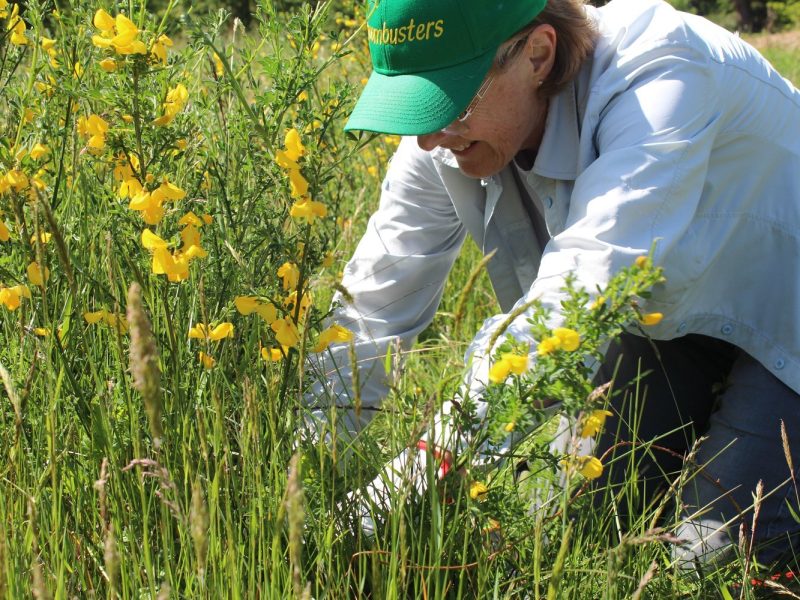
Reconciliation means many things to Laara Yaghujaanas, but she says it begins with listening and inviting everyone to the table with an open heart and an empathetic mind.
The Haida Nation woman was one of many gathered at the Na’tsa’maht Gathering in Colwood on Sept. 30, which marked the first National Day for Truth and Reconciliation.
Na’tsa’maht is a Salish term meaning “working together as one.”
Hundreds of people, including chiefs, Elders and leaders from around the region, as well as members of local First Nations, volunteers and more, gathered at Royal Beach that morning.
The rain held off until the afternoon, at which point the sky opened, unleashing a downpour. After this, people emerged from under tents to see that a rainbow had formed over the ocean inlet. Images of families wearing orange reflected off the rain-covered rocks.
A milestone for reconciliation
Sept. 30 is a day to remember the genocidal history of Canada’s residential “school” system and work towards a better future. The Truth and Reconciliation Commission called on the federal government to establish the holiday as one of its 94 calls to action, published in 2015.
The legacy of the residential “school” system recently came to the forefront of public attention in May, 2021 when Tk’emlúps te Secwépemc announced it located the remains of 215 children on the Kamloops Indian Residential School site. Since then, more unmarked graves have been located at other “schools.”
Related story: Thousands form sea of orange in Cowichan, marking first National Day for Truth and Reconciliation
Ten days before Sept. 30, a committee of people including Yaghujaanas — a member of Arts and Culture Council Colwood — made the Colwood event happen at the wish of a local Elder.

On the day of the event, Yaghujaanas’s heart was warmed by the response.
“People came here with an open heart, and an open mind. We saw kids and families and officials streaming in all day. We saw a level of respect and kindness that was really heartwarming,” she said.
In addition to gathering at the beach and listening to stories from Elders and residential “school” survivors, members of the public contributed to a public art project, which includes handprints from children and their parents.
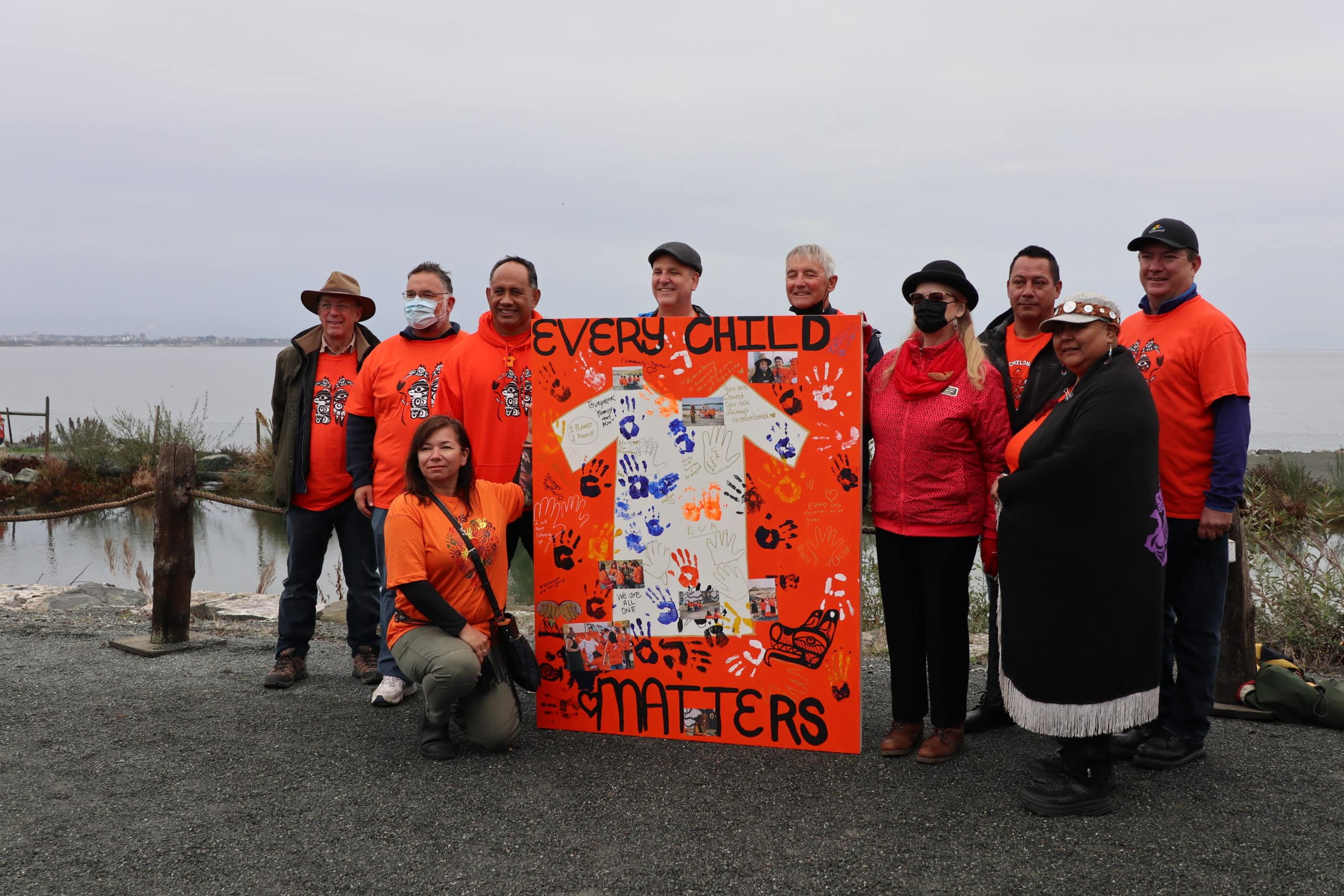
Stories from the past
Elders spoke about their experiences with colonization and residential “schools” — experiences they grew up with and that have had long-lasting effects on them and their families.
“They’re here today, and we’re here today, to try and change that,” Yaghujaanas said.
Yaghujaanas said that Knowledge Keeper Elder Florence Dick shared her heartbreaking letter to her daughter with everyone saying, “she never shared her story before, but did so because her daughter couldn’t understand why her family was so messed up, and she wanted her to know she did her best, but she had lived through a lot herself.”
This was followed by a moment of silence.
“Reconciliation is an opportunity for Canada to understand the true history of Canada, and to right those relations and right those wrongdoings. For Canadian society as a whole to be a more fair and just society for everybody, and for future generations,” Yaghujaanas explained.
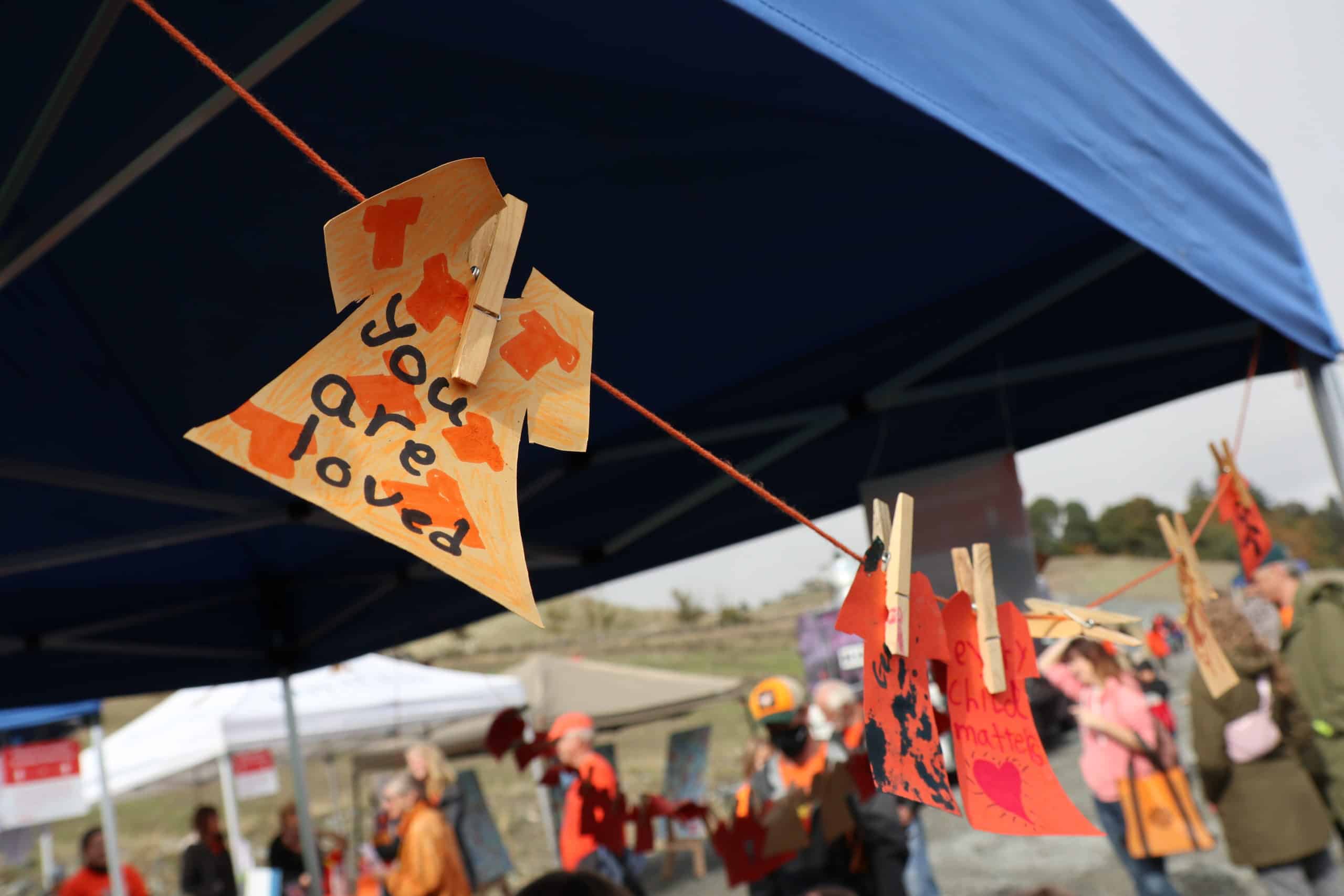
Yaghujaanas said that, historically and currently, Indigenous people in Canada are seen as “non-human,” a justification used to excuse many horrors, including residential “schools.”
“If we can tap into true reconciliation and right relationships built on respect, built on relational accountability and caring and knowing our responsibility for future generations, I think we can change the course of this country to be one where we are building together, and where we live in harmony with the land.”
Moving forward, together
She added that the Indigenous way of viewing the world can inform how Canada moves forward. She envisions a future where everyone is treated equally, and where the strengths of everyone are utilized to build a more fair and just society.
She also envisions a future where women are more involved in reconciliation efforts.
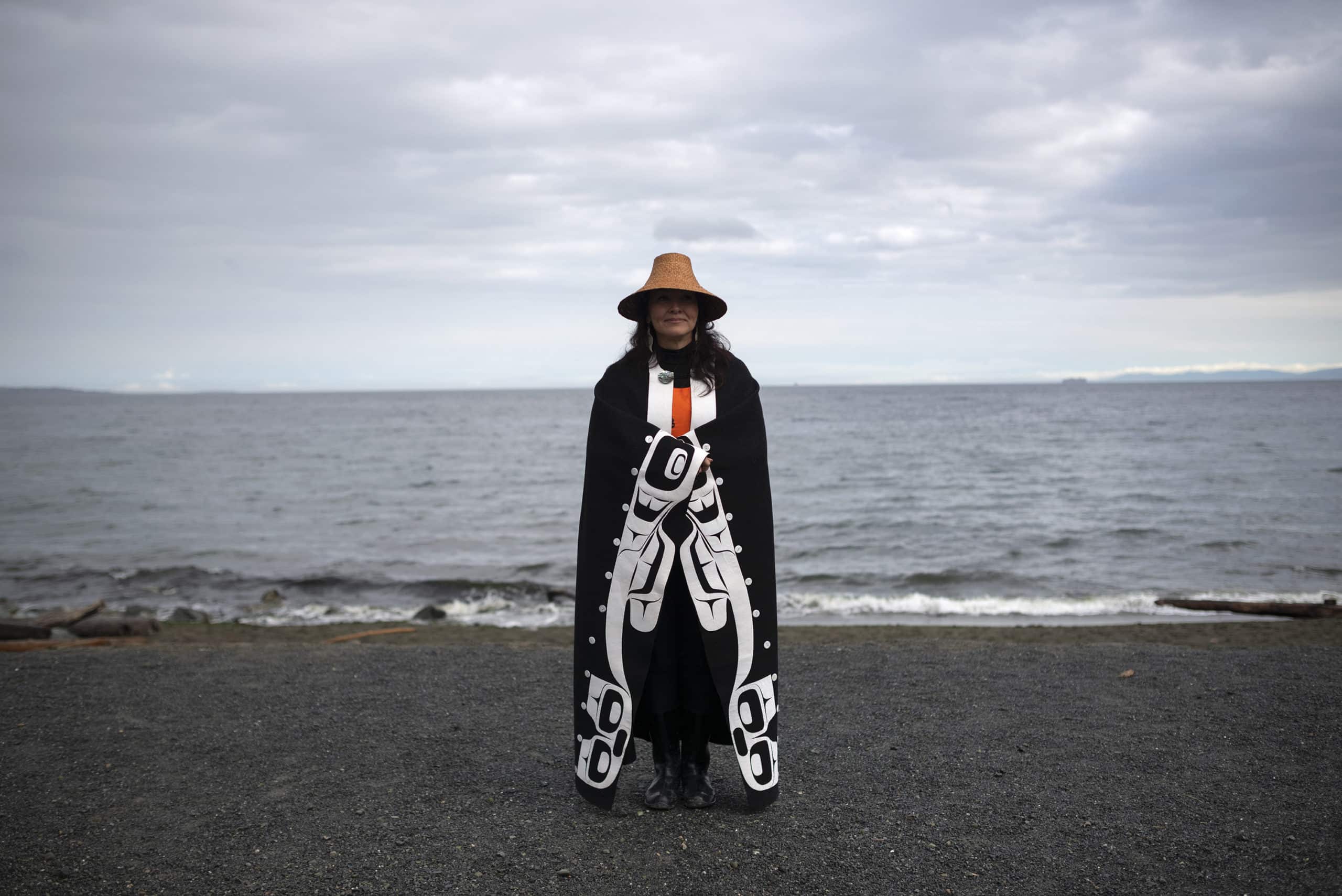
Yaghujaanas stood on the beach at the edge of the ocean. The sky was overcast, but every few minutes the clouds would split, making way for the warm sun to break through.
She pointed to the ground, explaining that we stand on Teechamitsa land, which carries with it a history of instrumental Indigenous women.
“If we can empower Canadians to perhaps see an insight and reconcile those relationships to make right the relationship with Indigenous people, I think we have an opportunity to build an amazing world for future generations, by thinking and seeing through those types of eyes and perspectives,” Yaghujaanas said.
Now, she said, is an exciting time. Despite the need for further reconciliation and a deeper understanding of the inter-generational harm caused by residential “schools,” Yaghujaanas said, “we also can start to build on that wisdom and knowledge, and how to live the right way.”
“I’m so looking forward to next year, to build on this even more.” [end]
Editor’s note, Oct. 21, 2021: This article has been updated to clarify a quote from Yaghujaanas. The photo captions were also updated to identify the people in them.

